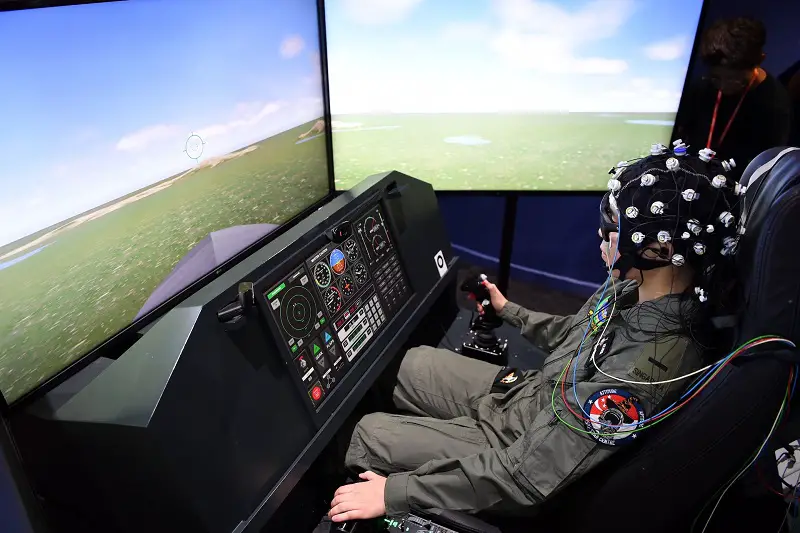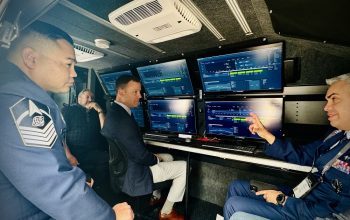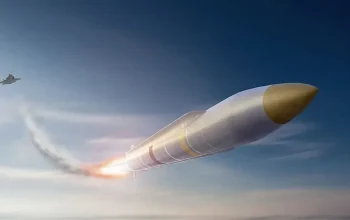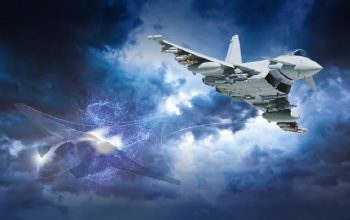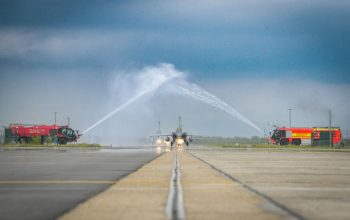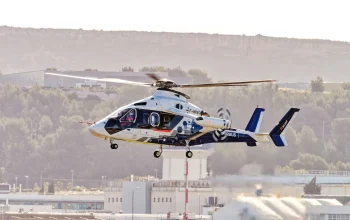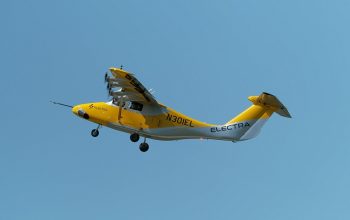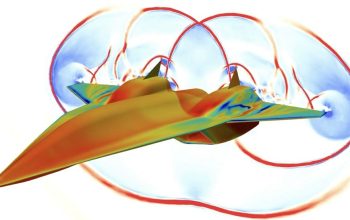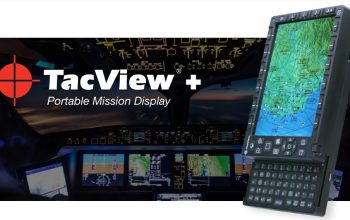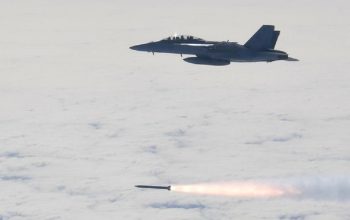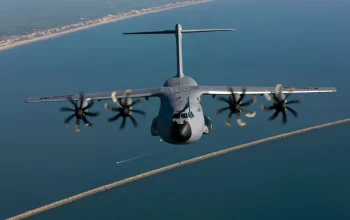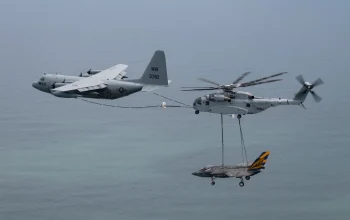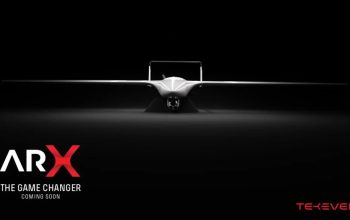The Republic of Singapore Air Force (RSAF) has taken a significant step forward in its pilot training and assessment methods through a groundbreaking trial program called Project SOAR. By leveraging advanced simulators, biometric sensors, and data analytics, coupled with artificial intelligence (AI), the RSAF aims to enhance its understanding of pilot trainees’ capabilities. Traditionally, pilot trainees fresh out of Basic Military Training would be sent to the Air Grading Centre (AGC) in Australia after passing screening and aptitude tests. There, they would undergo assessment by flying the CT-4B training aircraft. However, with Project SOAR, a new approach has been adopted. Trainees now engage in a comprehensive 10-day training program at the Air Force Training Command in Singapore before proceeding to the AGC.
At the heart of Project SOAR lies the immersive and highly realistic simulators within the Project SOAR Simulator Centre. Equipped with advanced technology, these simulators allow trainees to navigate diverse scenarios while wearing specialized equipment that captures crucial data such as eye movement, facial expressions, electrocardiogram (ECG) levels (measuring heart rate and rhythm), and more. This wealth of data is fed into an AI program capable of predicting a trainee’s flying potential and identifying areas for improvement. Trainees learn fundamental flying techniques, including take-off and landing, and undergo simulations of combat maneuvers and emergency handling. Project SOAR leverages data analytics and AI to analyze the real-time data collected from trainees during flight simulations. After each mission, trainees receive a debrief to learn from their mistakes and enhance their performance.
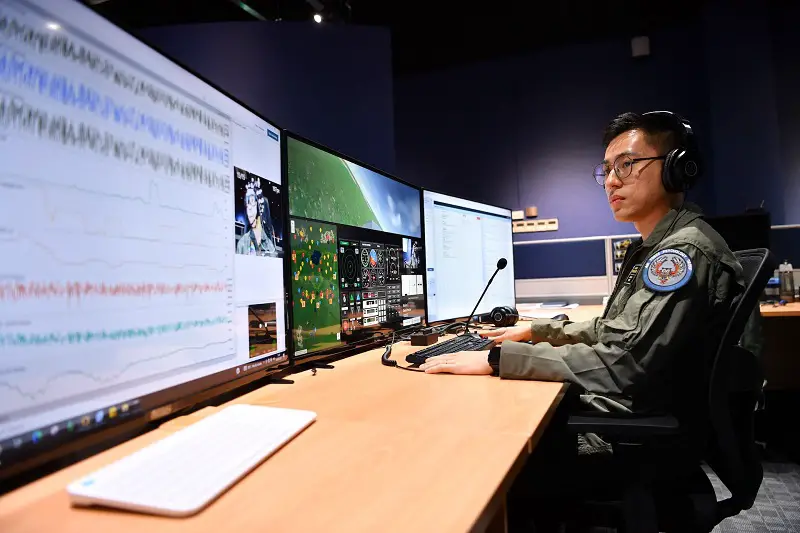
Previously, instructors would evaluate trainees by accompanying them on live flights, observing their flying skills, and taking notes manually—a task that added significant workload as they simultaneously guided the trainees and monitored the environment. Major Lim, a qualified F-16 pilot and flying instructor, emphasized the burden this placed on instructors. With the integration of eye-tracking technology, instructors can now provide precise guidance to trainees regarding their focus. By analyzing eye movement patterns, instructors can advise trainees on whether they are fixating on a particular instrument, such as the altitude meter, rather than maintaining a comprehensive scan of both the aircraft’s exterior and interior. To realize this ambitious project, the RSAF collaborated with DSO National Laboratories and the Ministry of Defence’s Future Systems and Technology Directorate to integrate wearable devices and cutting-edge technology.
Project SOAR commenced in January 2020, with the first batch of trainees commencing in September 2021. Since then, approximately 250 trainees have participated in the program. Feedback from both trainees and instructors has been overwhelmingly positive, highlighting the program’s potential for accurately assessing pilot trainees’ capabilities. As Project SOAR is still in its experimental phase, its effectiveness and suitability for assessing pilot trainees will be further evaluated and refined. The Republic of Singapore Air Force remains committed to advancing pilot training methodologies by embracing technology and harnessing the power of Artificial intelligence (AI) and simulation to unlock the full potential of its future aviators.
